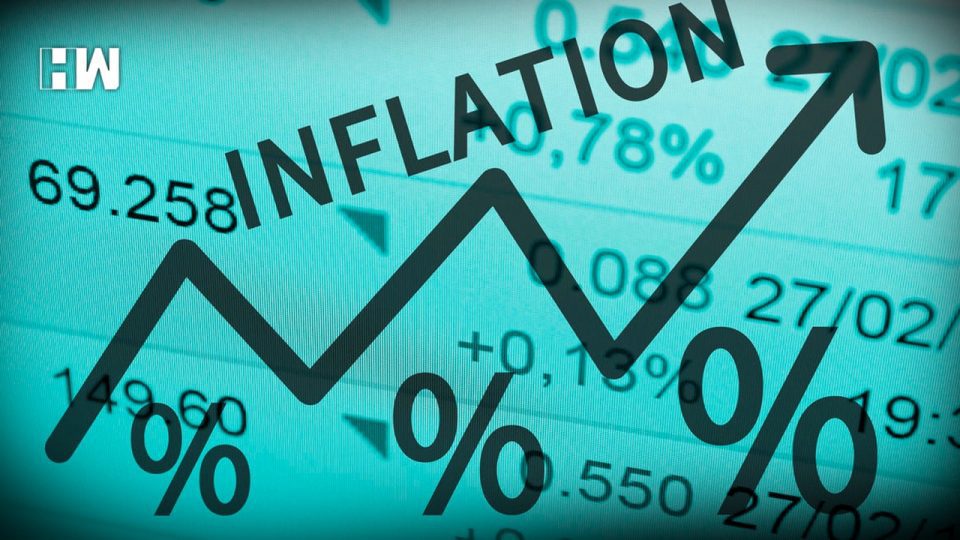Inflation based on wholesale prices shot up to a 14-month high of 4.43 per cent in May on increasing prices of petrol and diesel, prompting the industry to demand action from policymakers to keep fuel prices under check.
The Wholesale Price Index (WPI) based inflation stood at 3.18 per cent in April and 2.26 per cent in May last year.
According to government data released today, inflation in food articles was at 1.60 per cent in May 2018, as against 0.87 per cent in the preceding month.
Inflation in ‘fuel and power’ basket rose sharply to 11.22 per cent in May from 7.85 per cent in April as prices of domestic fuel increased in line with rising global crude oil rates.
Inflation in vegetables climbed to 2.51 per cent in May, with potato inflation at a peak of 81.93 per cent.
The price rise in fruits was in double digits at 15.40 per cent, while pulses saw a deflation of 21.13 per cent.
May inflation at 4.43 per cent was a 14-month peak. The previous high was in March 2017, when the WPI inflation stood at 5.11 per cent.
Industry chamber Assocham called for government action to tame fuel price rise saying increasing prices of petrol and diesel may significantly impact import bills, which may subsequently have an impact on exchange rates.
“Besides, it might also negatively impact input prices for the industry which has already started feeling the pressure on its profitability,” Assocham Secretary General D S Rawat said.
Icra Principal Economist Aditi Nayar said core WPI inflation rose sharply to 4.4 per cent in May from 3.6 per cent in the previous month, with a rise in 15 of the sub-indices. This reflects the pass-through of higher input costs and a weaker rupee.
“The WPI inflation is expected to harden by up to 0.80 per cent before easing somewhat in the July-September quarter. Key factors that would influence the inflation trajectory include the level at which global crude oil prices stabilise and the extent to which they are transmitted to domestic fuel prices, the trend in the monsoon dispersion and the extent of change in MSPs,” Nayar said.
Also read: Inflation in India likely to hit a 4-month high
The WPI inflation for March has been revised upwards to 2.74 per cent from the provisional estimate of 2.47 per cent.
In its second monetary policy review for the fiscal, the Reserve Bank earlier this month hiked interest rate by 0.25 per cent– the first hike in more than four years — due to growing concerns about inflation stoked by rising global crude oil prices as well as domestic price increases.
The price of Indian basket of crude surged from USD 66 a barrel in April to around USD 74 currently.
Data released earlier this week showed retail inflation jumped to a 4-month high of 4.87 per cent in May on costlier food items such as fruits, vegetables and fuel. RBI mainly takes into account retail inflation data while formulating monetary policy.
As an independent media platform, we do not take advertisements from governments and corporate houses. It is you, our readers, who have supported us on our journey to do honest and unbiased journalism. Please contribute, so that we can continue to do the same in future.

